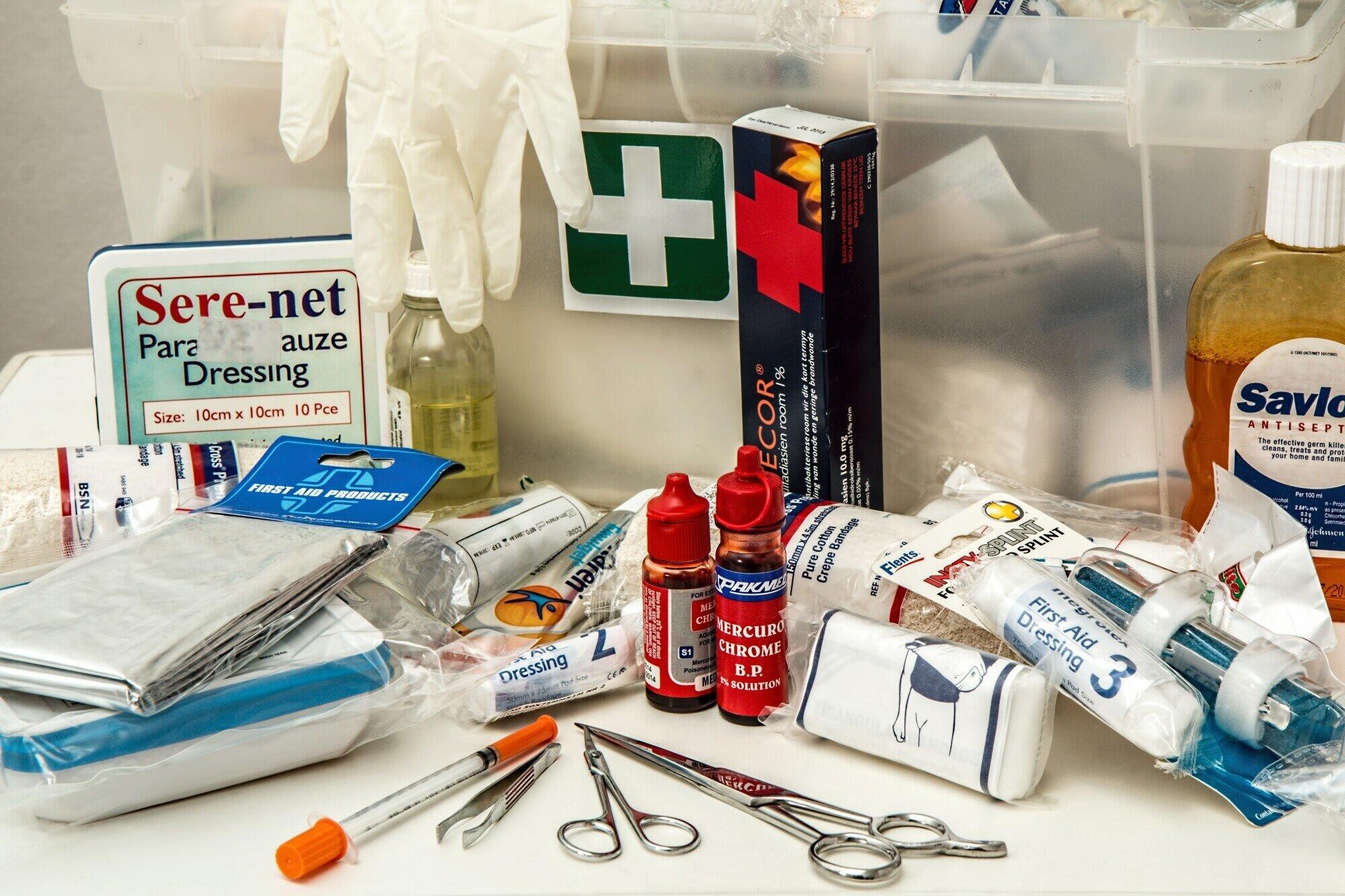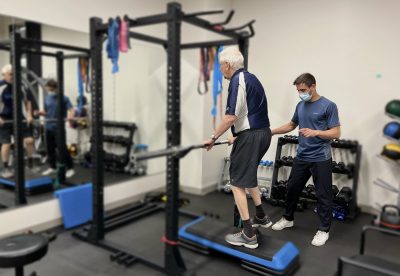Surviving in the Great Outdoors: First Aid Skills for Hiking and Camping
Are you ready to go on a wild journey you will never forget? Whether you’ve been exploring for years or this is your first time camping, you need more than just a love of nature to survive in the great outdoors. It takes planning, smarts, and knowing how to deal with things that don’t go as planned.
To help you feel safe and confident on your hikes and camping trips, we’ll show you basic first aid skills that can turn unpleasant situations into minor inconveniences. Now that you’ve packed your bags and put on your boots, let’s find out how to thrive in nature!
Dealing with Cuts and Wounds
People often get cuts and scrapes while hiking or camping, especially if they are walking through thick greenery or touching something sharp. If you get cut, wash it right away with soap and water, put a cloth over it, and change the bandage often to keep it from getting infected.
As soon as possible, get medical help if the cut is deep or keeps bleeding heavily even after you put pressure on it. Don’t forget to get a tetanus shot every year!
Treating Burns
Campfires and cooking gear are essential for any outdoor adventure but can cause burns. If someone gets burned, remove the hot object and run cool water over the area for at least 10 minutes to soothe pain and prevent further damage.
For minor burns, apply aloe vera gel or burn cream. For severe burns, seek medical attention immediately.
Handling Sprains and Strains
Hiking on uneven terrain can cause sprains or strains, especially with heavy gear. If this happens, follow the basic first aid skills like RICE method: Rest, Ice, Compression, and Elevation.
Rest and avoid weight on the injury, apply ice to reduce swelling, wrap with a compression bandage, and keep elevated above heart level. If pain persists or a fracture is suspected, seek medical attention immediately.
Dealing with Insect Bites
Nature is full of fascinating insects, but some can be troublesome. Insect bites can cause irritation, itching, and allergic reactions. To prevent bites, wear insect repellent and protective clothing.
If bitten, wash the area with soap and water, and apply an antihistamine or hydrocortisone cream to reduce itching. For severe allergic reactions, seek medical attention immediately.
CPR and Choking
While it’s unlikely you’ll need this first aid training while hiking or camping, knowing CPR and how to help a choking person could save a life. Review these techniques regularly to keep them fresh in your mind.
In an emergency, call for help and start CPR immediately if needed. If someone is choking, perform the Heimlich maneuver or back blows to clear the obstruction.
Additionally, consider MyCPR NOW as a resource for learning more about how to handle such emergencies. Knowing the symptoms and prompt actions to take can make all the difference in preventing severe outcomes.
Stay Safe and Enjoy Your Adventure with These First Aid Skills
Now that you know these first aid skills, you can face any threats that nature may bring you with confidence. Remember that the best way to enjoy your outdoor activities is to plan ahead and keep your cool when things go wrong.
Sometimes having the right information and tools on hand can save your life. This is true whether you’re dealing with small cuts, annoying bug bites, or even life-threatening situations. Go out into the wild, discover as much as you want, but most importantly, stay safe!
Does this article help you? Explore our website to find more helpful and fun stories that could help you.





